Vice Chairman of the National Assembly Nguyen Khac Dinh chaired the meeting.
Authorized by the Prime Minister, presenting the draft Law on Inspection (amended), Government Inspector General Doan Hong Phong said that the amendment and supplement to the law this time inherits and innovates the process of arranging the inspection agency system in the direction of concentration, unification, and streamlining into one focal point. The draft law consists of 9 chapters, 64 articles, of which 30 articles are inherited and 54 articles are omitted compared to the current law. The law continues to affirm the central role of the Government Inspectorate in State management of inspection work, overcoming shortcomings, limitations, overlaps, and duplications in organization, operation, citizen reception, handling of complaints and denunciations, and prevention and combat of corruption and negativity nationwide.
To implement the reorganization project, the whole country abolished regulations on ministerial, general department, and department-level inspections. Government inspection agencies, departmental inspections, district inspections, organizations... were assigned to perform specialized inspection functions. Inspection agencies include: Government Inspectorate; Provincial and centrally-run city inspectorates; inspection agencies in the People's Army, People's Public Security, and State Bank of Vietnam ; Cryptographic Inspectorate; inspection agencies established under international treaties to which Vietnam is a member.
In particular, the draft law does not distinguish between administrative inspection and specialized inspection, and provides a unified set of inspection activities. Accordingly, inspection is the activity of reviewing, evaluating, concluding, and recommending handling by the inspection agency to implement policies, laws, tasks, and powers of agencies, organizations, and individuals according to the order and procedures prescribed by law. After the arrangement, the Government Inspectorate will receive additional functions and tasks of 12 ministerial-level inspectors; the provincial inspectorate will receive additional functions and tasks of district-level and department-level inspectorates... Therefore, the draft law adds tasks and powers to the Government Inspectorate and provincial inspectorates.
The draft law stipulates the basis for re-inspection. Specifically, the issuance of inspection decisions, inspection conclusions beyond the authority, mistakes in the application of the law, serious violations of procedures, inappropriate inspection conclusions, the inspectors have falsified case files or the superior agency has discovered signs of violations that have not been clarified. The decision to re-inspecte and establish a re-inspection team must clearly state the basis, scope, content, subjects and time limit. Detailed regulations on requesting appraisals and freezing the accounts of the inspected subjects when there are signs of asset dissipation, failure to implement the decision to recover assets, illegal possession, use or loss caused by illegal acts. The re-inspection conclusion replaces the previous inspection conclusion with the content of the re-inspection and comes into effect.
The draft law regulates the order and procedures for inspection, including extending the time limit in complicated and especially complicated cases. Avoid overlapping and duplication in inspection activities between inspection agencies and with the State Audit Agency, in the preparation, handover and management of records as specifically prescribed by law. During the inspection preparation stage until the end of the inspection, the working group requests the inspected subject to clarify the inspection conclusion; consult relevant agencies, organizations and individuals on the inspection conclusion.
Presenting the review report, Chairman of the National Assembly's Committee on Law and Justice Hoang Thanh Tung said that the provisions of the draft law both institutionalize the spirit of Conclusion 134 of the Central Committee and are consistent with the requirements of innovation in law-making thinking, close to reality. The provisions on the position, functions, tasks and powers of the Government Inspectorate and provincial inspectorates are consistent with the law. It is recommended to review the provisions on the tasks and powers of the Government Inspectorate and the position and functions of provincial inspectorates in the draft law to revise and perfect them to ensure consistency, closely follow the conclusions and directions of the Party, and the requirements for innovation in the organizational model of inspection agencies after the reorganization. According to the agenda of the 9th session, the National Assembly will discuss and pass the Law on Inspection (amended) on June 25.
NR
Source: https://baoangiang.com.vn/nhieu-diem-moi-cua-co-quan-thanh-tra-sau-sap-xep-a420770.html


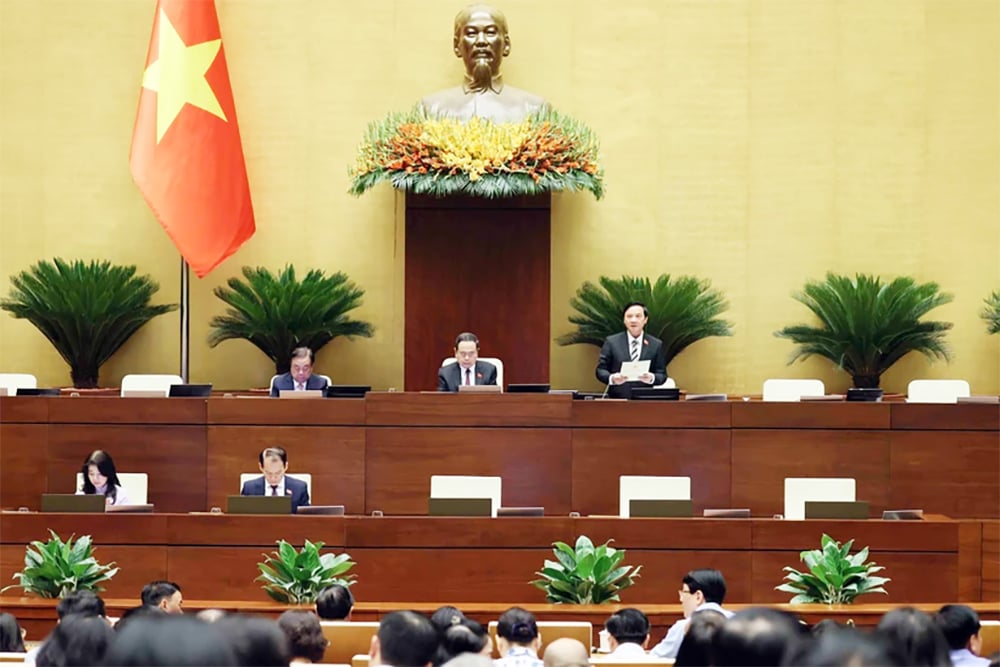
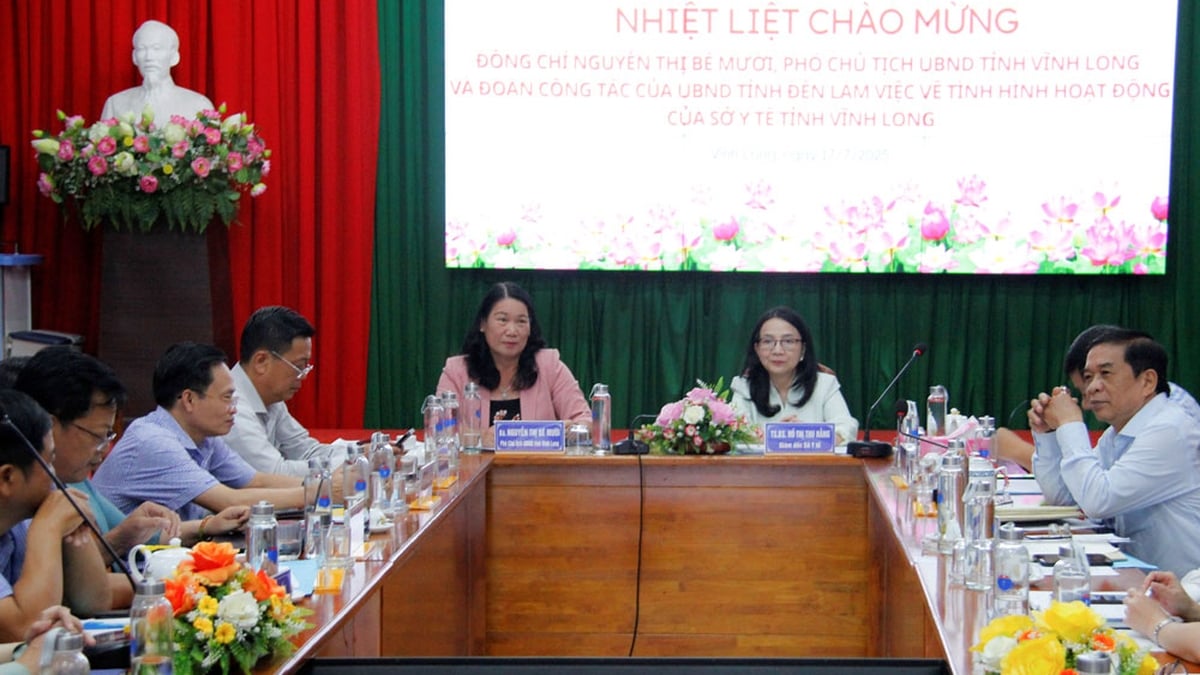
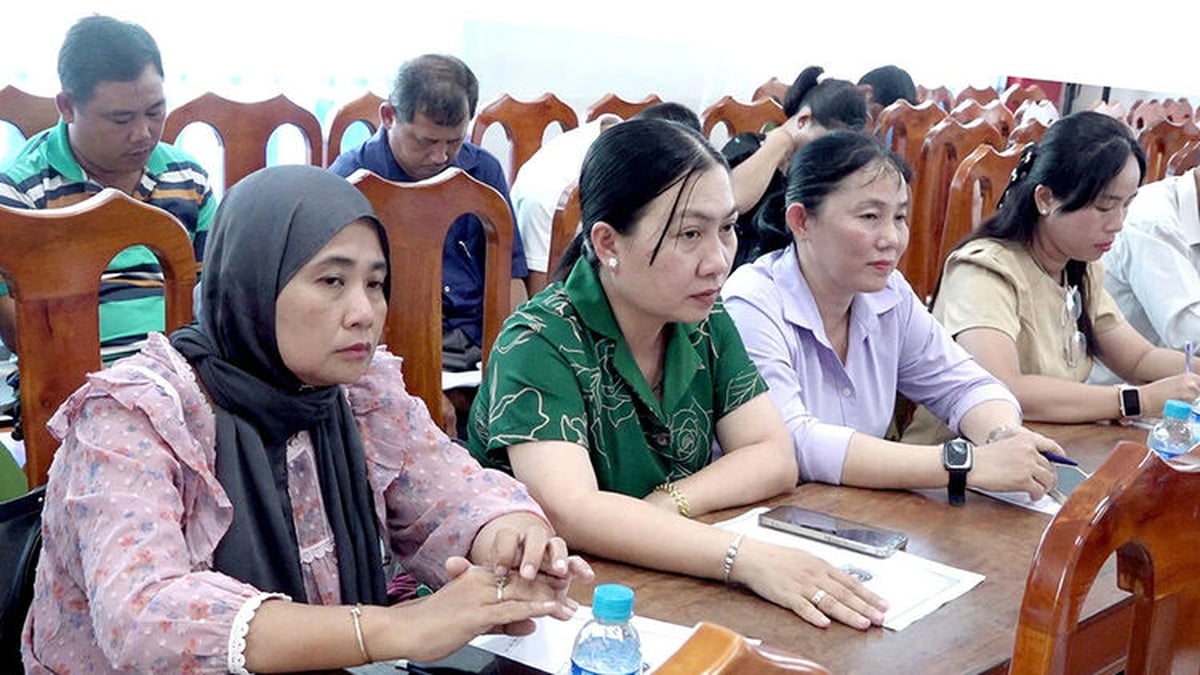
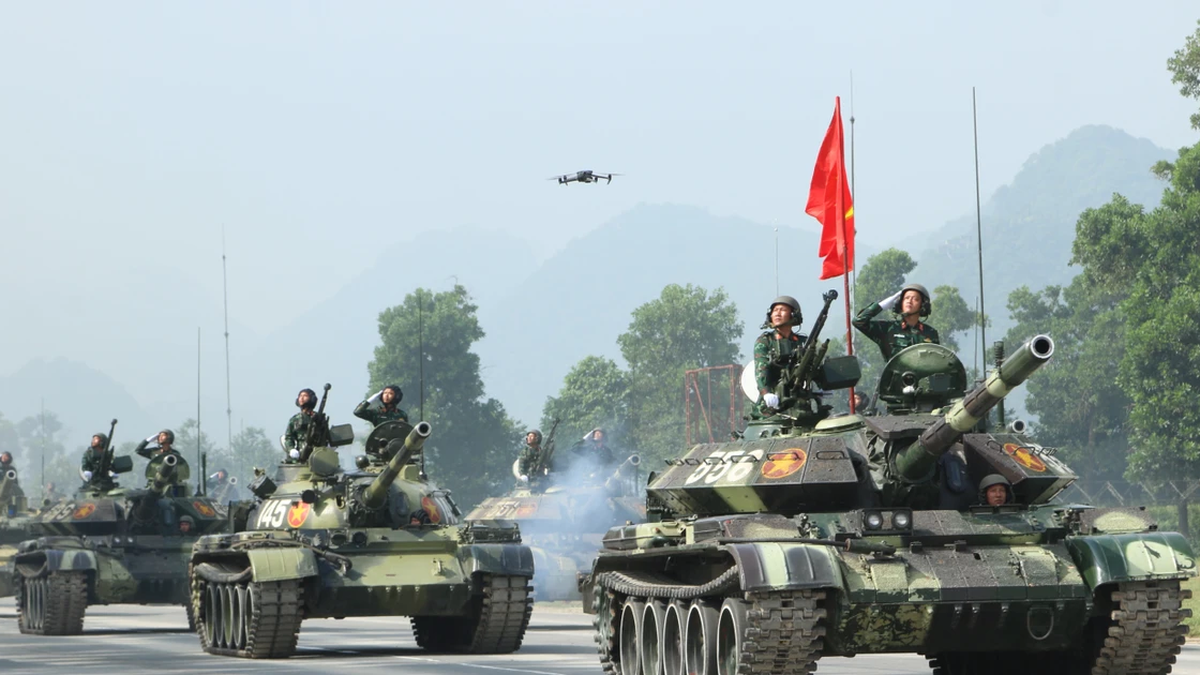
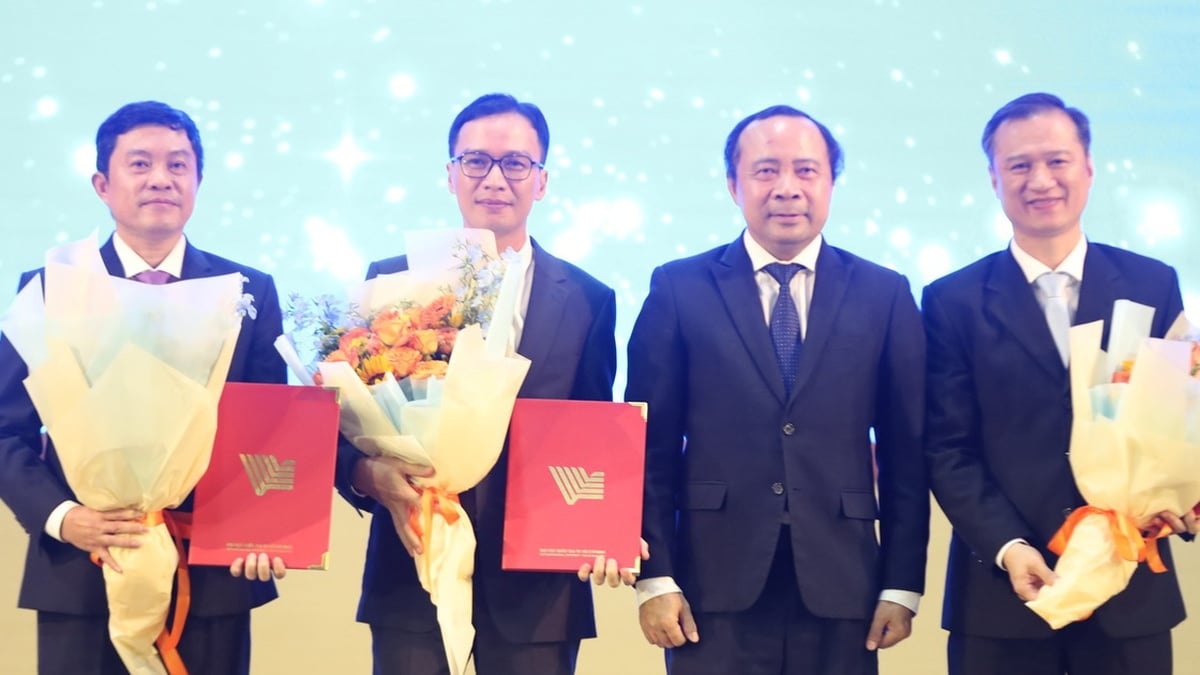

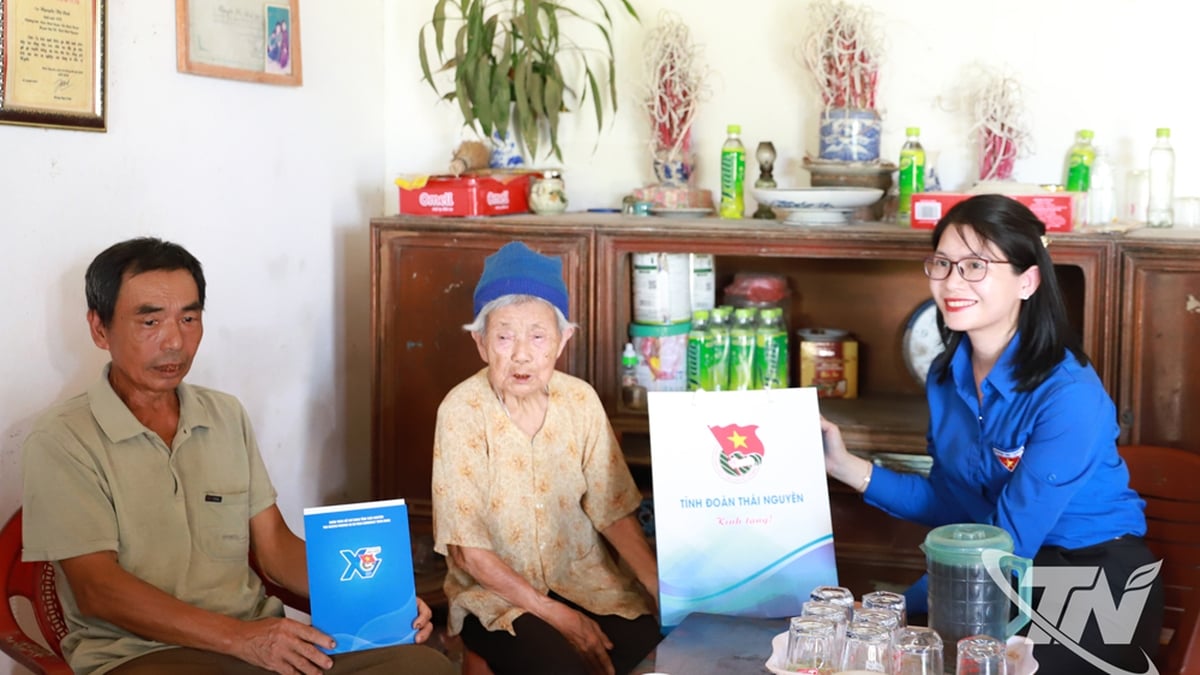
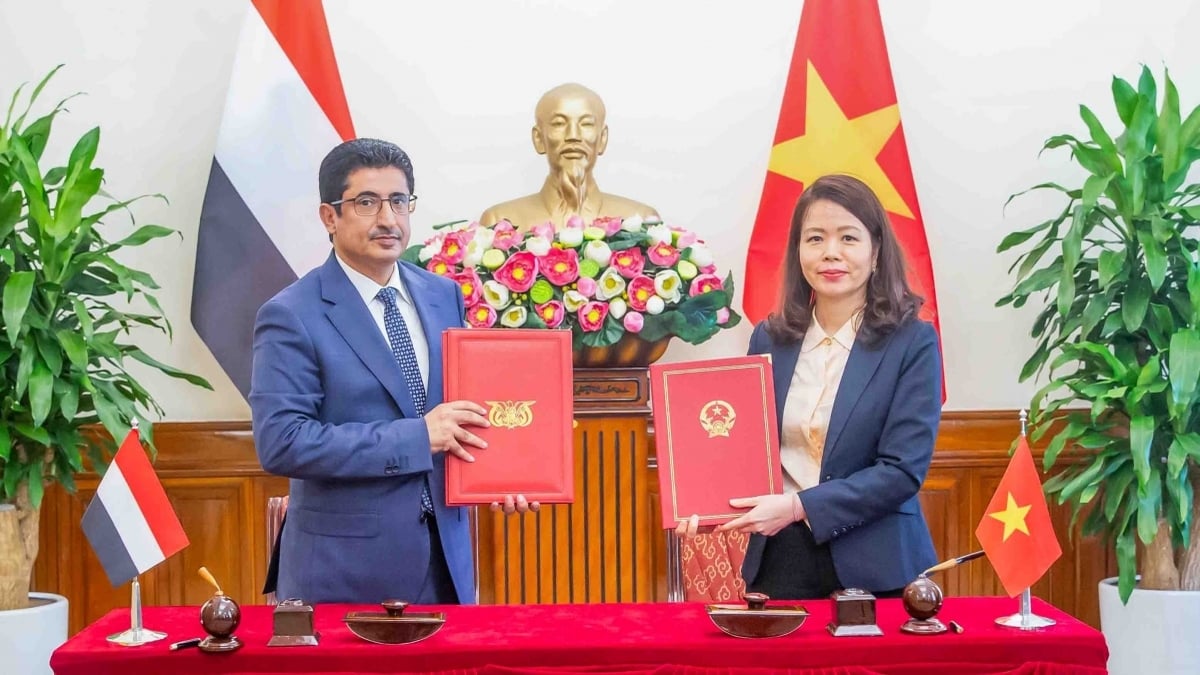

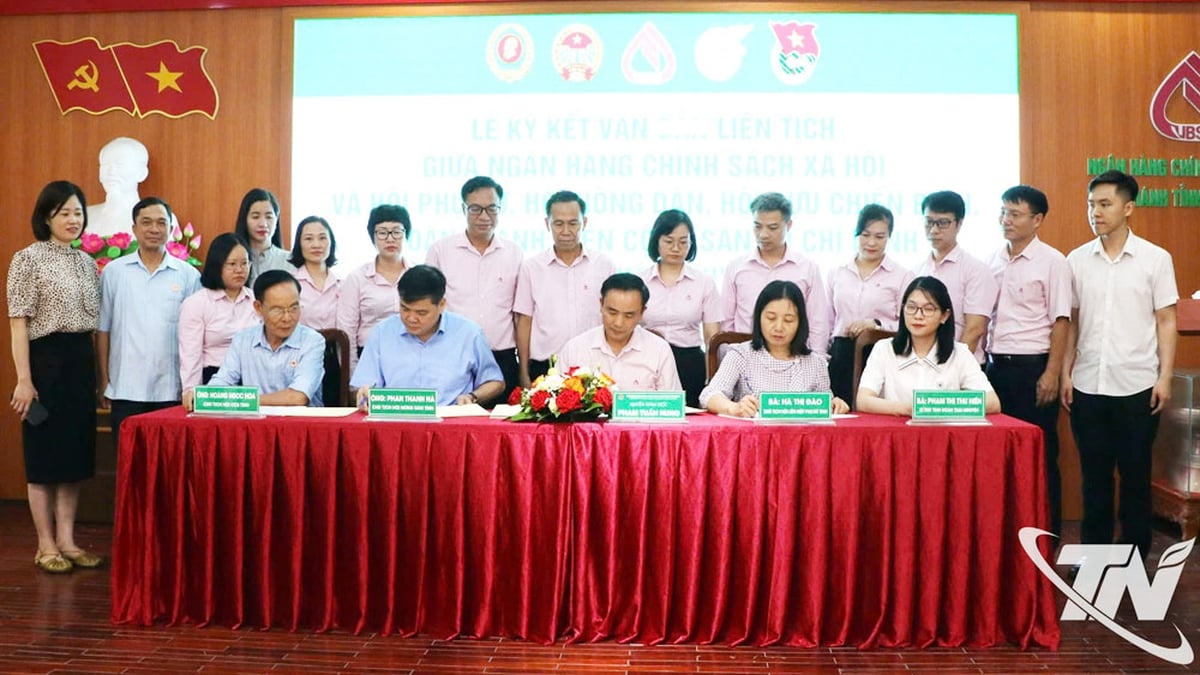
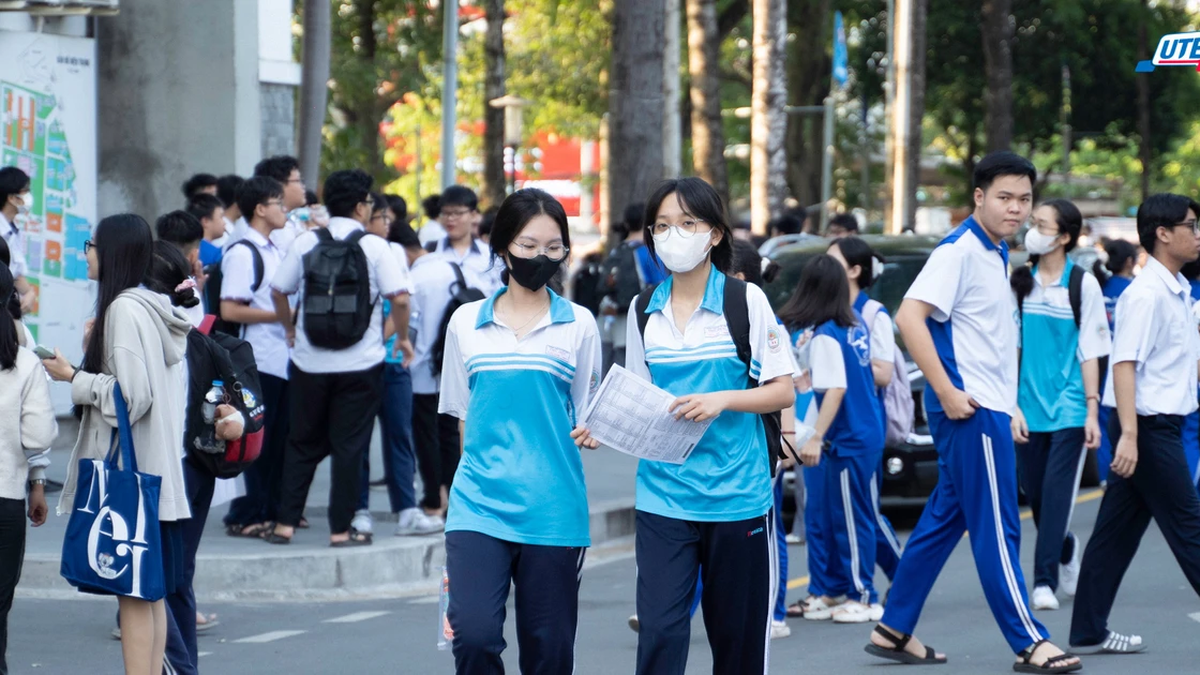

























































































Comment (0)